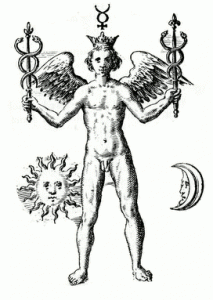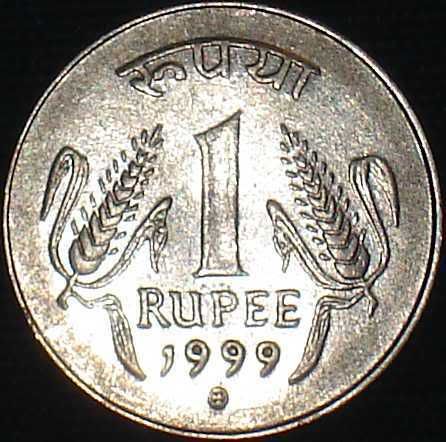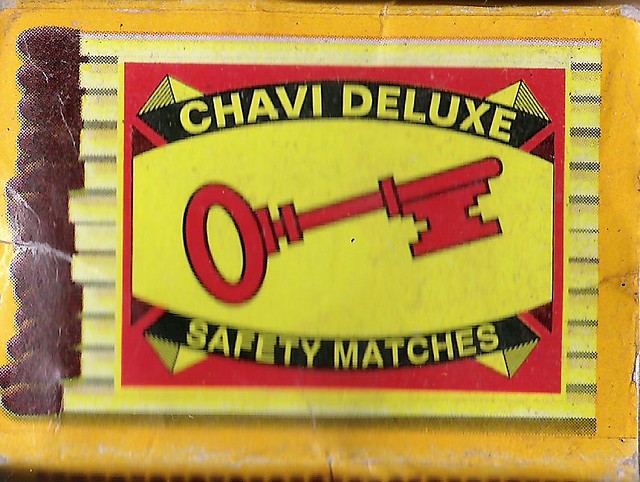Why do you travel?
Is it to escape the mundanity of your everyday life?
Is it to visit new places to expand your intellectual, emotional and cultural horizons?
Is it to visit old places to relive memories of bygone days?
Is it just to challenge yourself to go to a new place and survive the experience?
Is it so that you can update your Facebook status and show pictures of your visit to friends and family?
I'm extremely fond of archaeology, history and culture and visiting ancient places is always fascinating to me. I love to spend hours in a museum soaking in my perception of the era and trying to map out where I fit into the grand scheme of human cultural existence - ...till the tour guide tells me that's its time to leave as the group has to make it to the next destination before lunch so that we can visit the destination after that before 4PM because it would be open only until sundown since the local government did not have the necessary funds to maintain the lighting of such a large area.....
And I angrily curse to myself "...damn tourists"
Travelling to me evokes a strong response of expansion, learning and a grand sense of purpose. I've learnt that one can do more travelling in one square kilometer of a small town than in visiting all the hotspots in a large city provided one knows how to really use their senses to absorb, interpret and assimilate the new place.
One might have traveled to every city in the world but have not grown even a bit but a mere laundry man might have greater insights into the human condition constantly visiting the same set of houses day in and day out. If you're of the first kind please do us all a favour - stop wasting fuel, you're polluting the environment needlessly.
P.S.: This post got re-blogged at https://www.facebook.com/AboutHappiness Thank you unknown angel!
Is it to escape the mundanity of your everyday life?
Is it to visit new places to expand your intellectual, emotional and cultural horizons?
Is it to visit old places to relive memories of bygone days?
Is it just to challenge yourself to go to a new place and survive the experience?
Is it so that you can update your Facebook status and show pictures of your visit to friends and family?
I'm extremely fond of archaeology, history and culture and visiting ancient places is always fascinating to me. I love to spend hours in a museum soaking in my perception of the era and trying to map out where I fit into the grand scheme of human cultural existence - ...till the tour guide tells me that's its time to leave as the group has to make it to the next destination before lunch so that we can visit the destination after that before 4PM because it would be open only until sundown since the local government did not have the necessary funds to maintain the lighting of such a large area.....
And I angrily curse to myself "...damn tourists"
Travelling to me evokes a strong response of expansion, learning and a grand sense of purpose. I've learnt that one can do more travelling in one square kilometer of a small town than in visiting all the hotspots in a large city provided one knows how to really use their senses to absorb, interpret and assimilate the new place.
One might have traveled to every city in the world but have not grown even a bit but a mere laundry man might have greater insights into the human condition constantly visiting the same set of houses day in and day out. If you're of the first kind please do us all a favour - stop wasting fuel, you're polluting the environment needlessly.
P.S.: This post got re-blogged at https://www.facebook.com/AboutHappiness Thank you unknown angel!




















